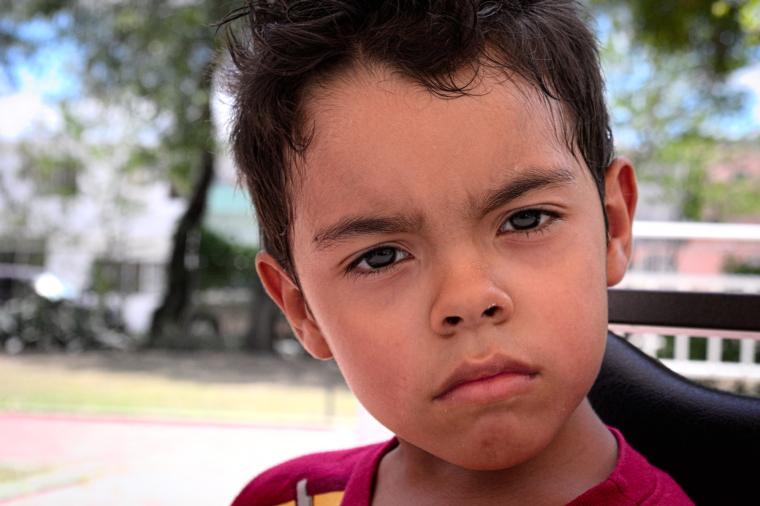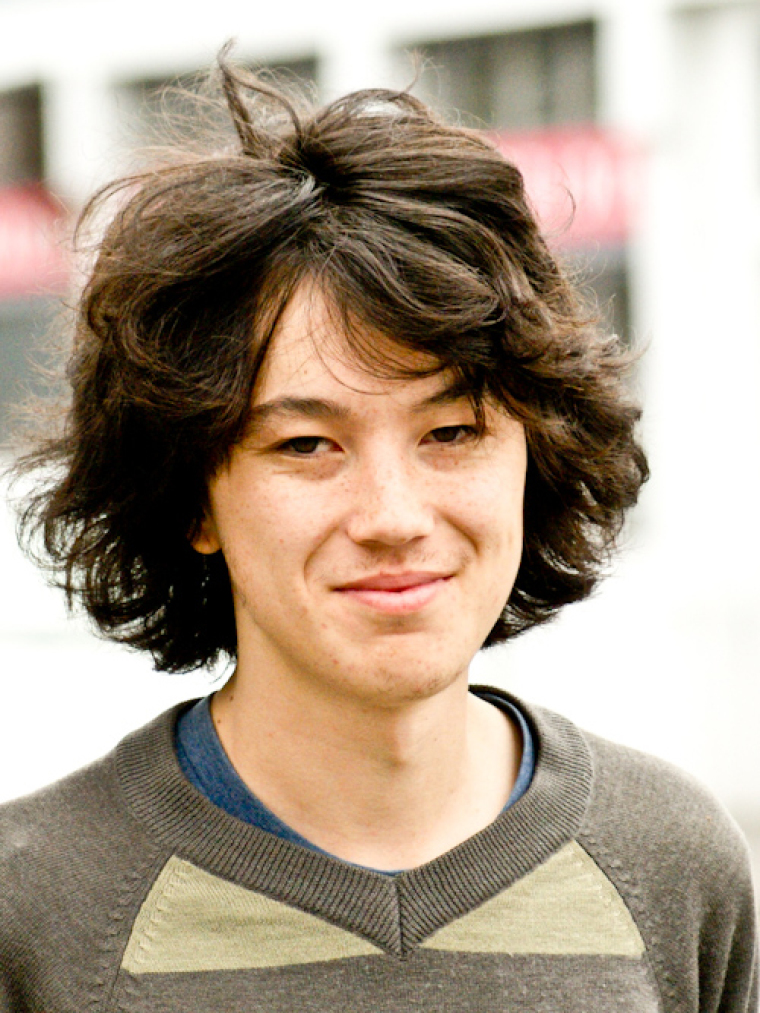
We live in interesting times. Apparently it is likely that right now, if you are born anywhere in the world, conditions are likely to be the best they have ever been. So is the claim of Steven Pinker's book The Better Angels of our Nature. And there is a very real sense in which this is true.
At worst, your life could be as bad as it could ever possibly have been, and at best it is going to be better than it could ever possibly have been. Yet, in recent months there has been a preponderance of very public debates and trials in both the national and international scene.
From the Zimmerman Trial in the USA to the so-called 'Pakeha Party' here in NZ, we have faced the spectre of racism in a very public way. I don't know if people thought these things 'didn't happen' anymore and that we had somehow overcome racial prejudices by mere passing of laws, but the fact remains, we in NZ and the international (mostly white and privileged) community, have had to relearn a vocabulary of silence and sympathy and with the oppressed (if indeed, we ever had one).
While New Zealand does not have a racial history identical to that of the USA, or mainland Europe and it's imperialistic colonization of pretty much the majority of the rest of the world, it still suffers from racial prejudice and misunderstanding. People may not wear their racism on their sleeves, but I am sure we carry it in our bones.
The Pakeha Party, with its ahistorical flattening out of the social playing field represents this tendency. The founder strenuously defended himself, saying he was not racist, was not afraid of Māori people and harboured ill will towards no racial group in particular, but at the same time was failing entirely to see the playing out of racial divisions within the very political system that exists here.
A western blindness
This blindness represents the traditional stance of western 'colour-blindness' assuming that if we all just assumed no racial divisions existed, everything would sort itself out. This will do no more good than simply wishing that all people were financially equal will. There will need to be a concentrated effort at understanding, listening and acting in a way that benefits historically oppressed minorities, and probably at the expense of a lot of things that we take for granted now.
At this juncture we, as Christians, need to pause and reflect on our own conduct in this area. To what extent have we perpetuated hierarchies, ideas and structures that have oppressed rather than freed. If we take seriously the call of the gospel as a call of freedom from captivity, slavery and the powers of this world, then we must consider it a call towards serious political, vocal and emancipatory action.
If we really do consider it as the statement that there is now 'no Jew nor Gentile, no Greek, no Barbarian, no Scythian no slave and no free…' (Colossians chapter 3, verse 11, my paraphrase) then our churches must become sites of serious racial integration, and indeed of outcry towards new ways of living which include and respect rather than remove and ignore.
We can't be 'colour-blind' but rather must be radically cognisant of the inequalities that have been perpetuated against people in this world. I would go so far as to say, unless the church is a site of racial harmony and healing, then it has no business sharing the gospel in this world. If we as Christians do not take seriously the sufferings right in front of us, then we don't deserve the name of 'Christian'.
I could leave it there. I don't know if you know about these issues, or in what state you find yourself in when you read this. I don't mean to criticize the church as one giant inactive beast; I know people and churches that are actively involved in the kind of work right now.
A righteous anger
But one of the things that perhaps we are not doing is getting angry. I find this difficult, I am moderate by temperate, but definitely not by conviction. It is the affliction of growing up comfortably, of having things flow easy, that serious change can't happen to radically, lest I get uncomfortable. But we need to, as a church learn to get angry, learn to vociferously and loudly oppose those voices that would seek to minimize and ignore the struggles of those that are oppressed.
We need also to learn to give up a lot of the things we hold dear. Paul understood this, when he wrote in 1 Corinthians about the past history of some of the converts there. There, in chapter eight, he noted that people were assuming that 'food sacrificed to idols' were actually off-limits to those people. Paul said, that while it is actually not the case that this food is off-limits, still, for the sake of the history of those people, they should not eat meat.
It's a big step to make ethically; our 'freedom' is not for ourselves, but for the service of others first. We can apply a similar principal in our communities, sometimes, and in fact often, we will have to sacrifice things we take for granted, may not even realize exist, in order to allow someone else to learn to fully express themselves in that community.
So, for the sake of the gospel, and for the sake of the church: I think we need to get angry.
First published November 18, 2013

Dale Wang's previous articles may be viewed at
www.pressserviceinternational.org/dale-wang.html